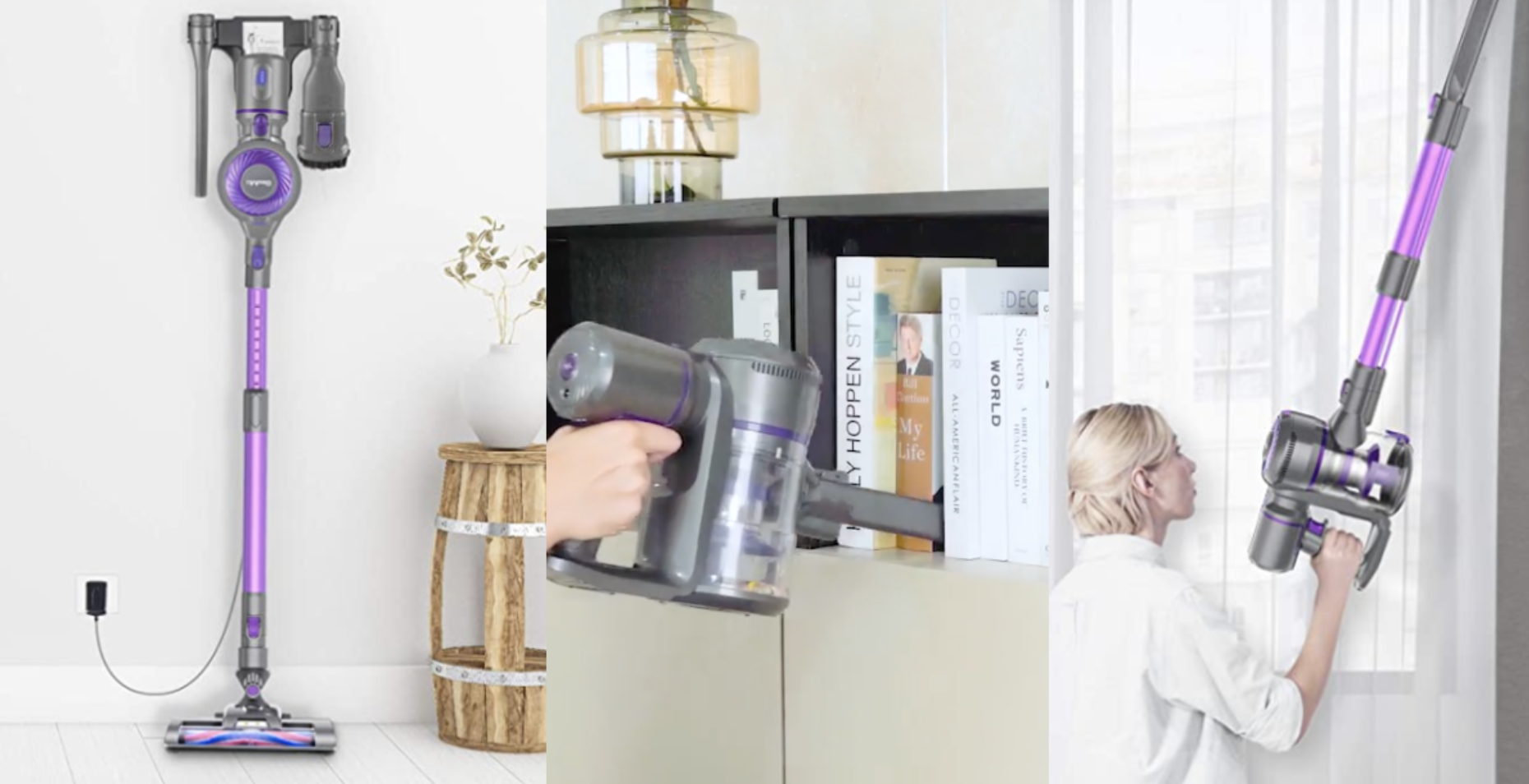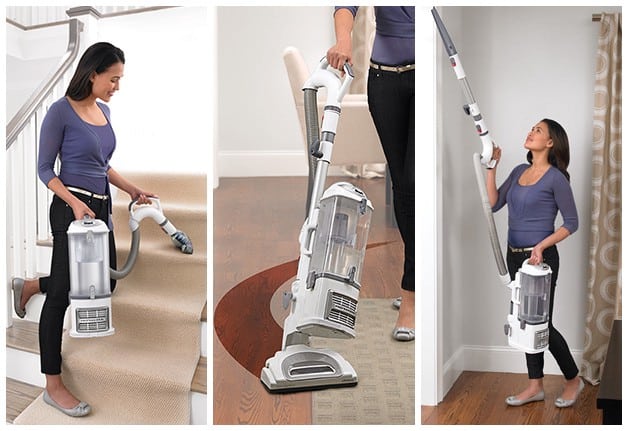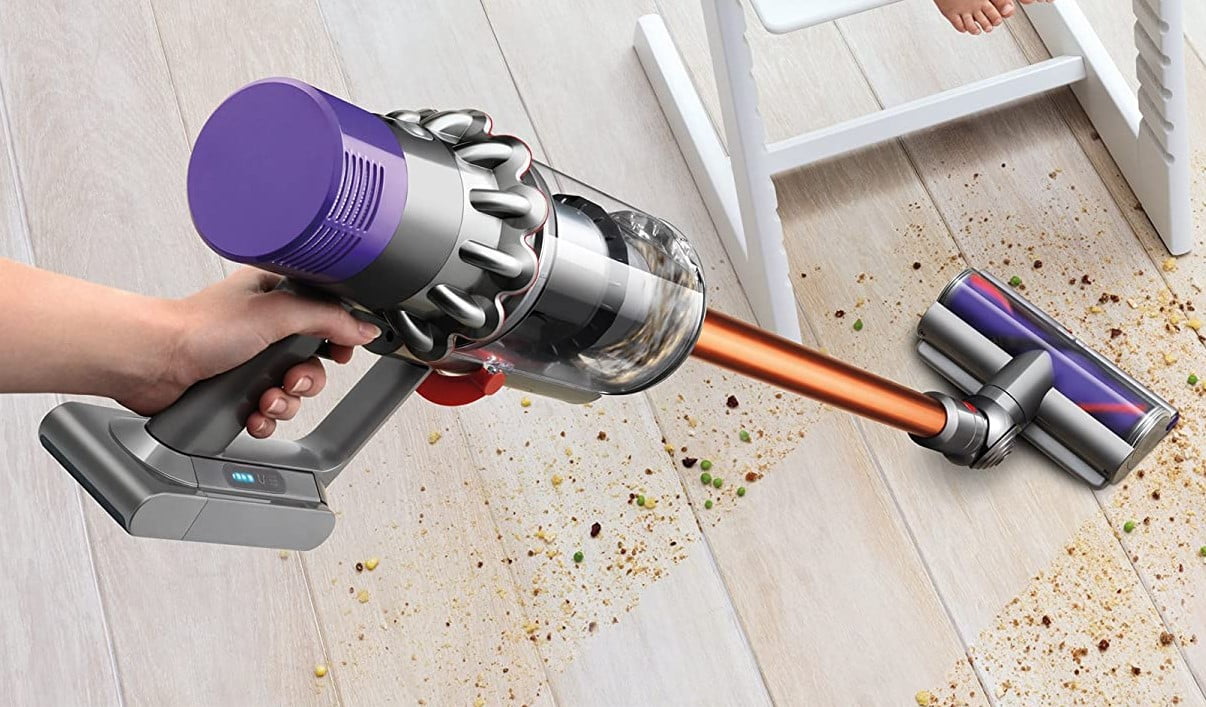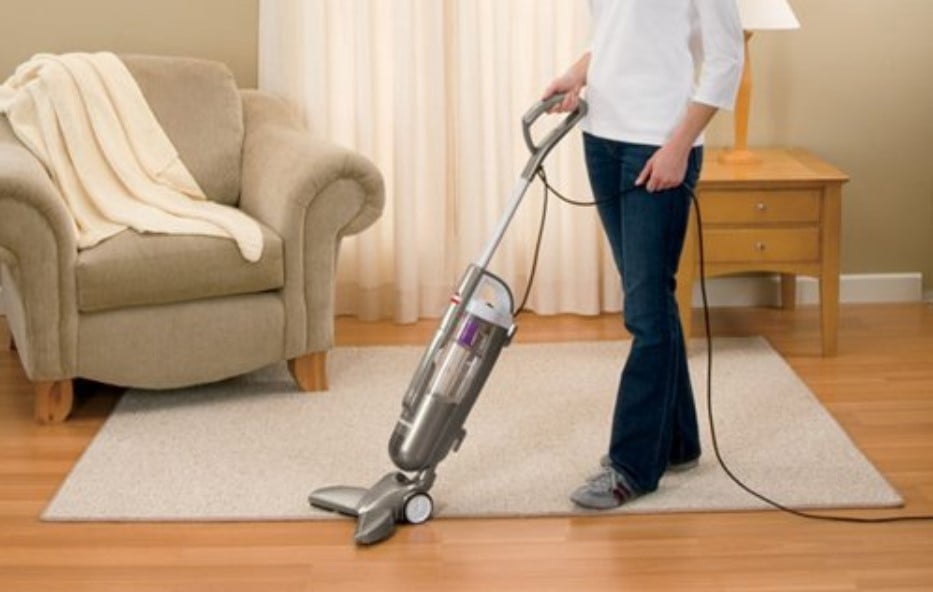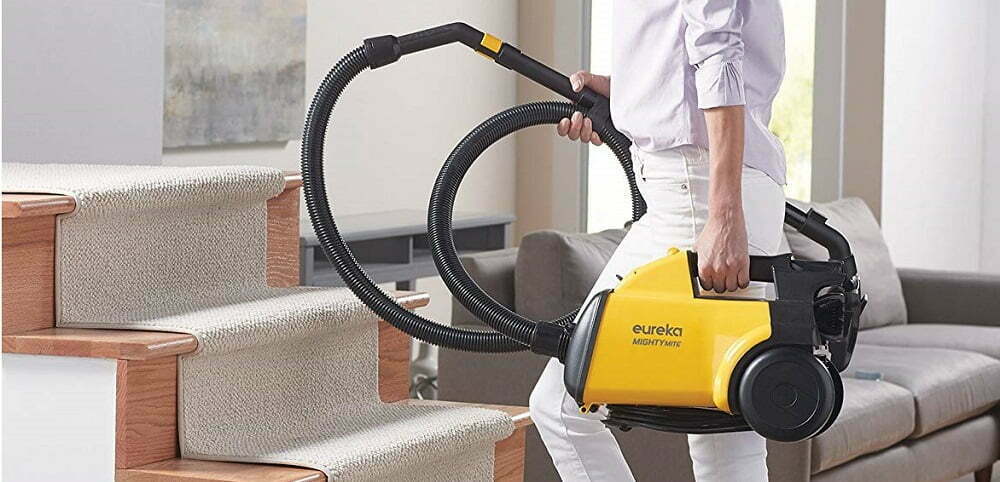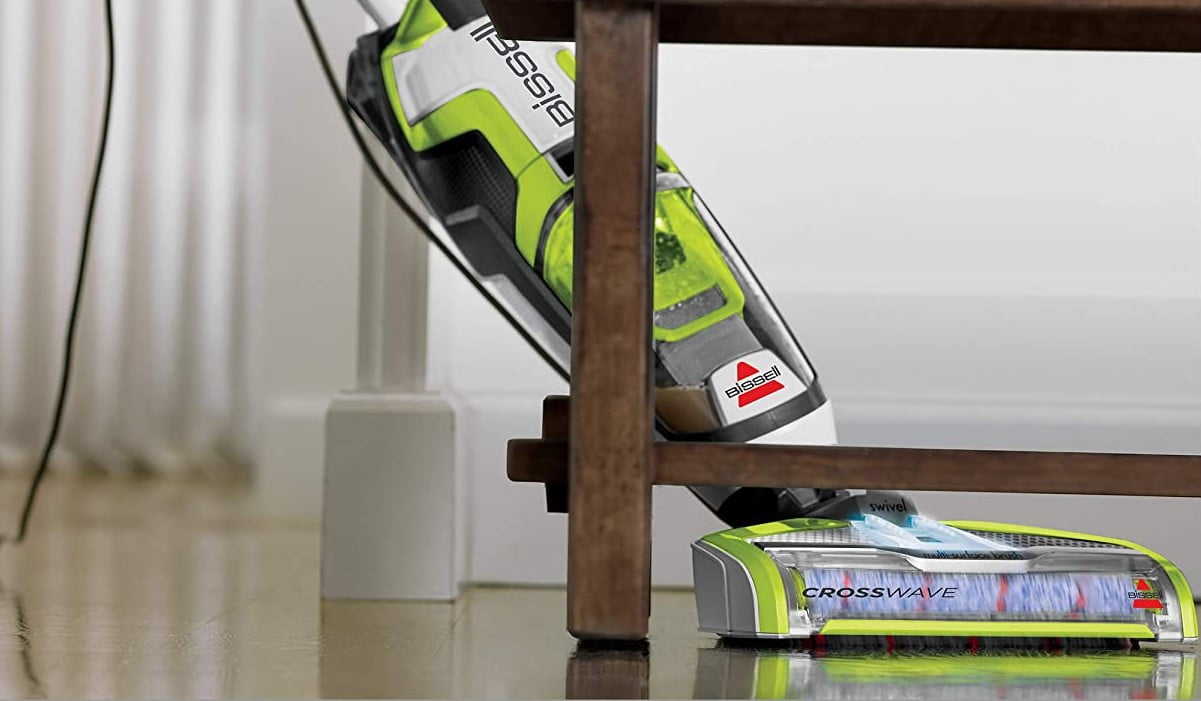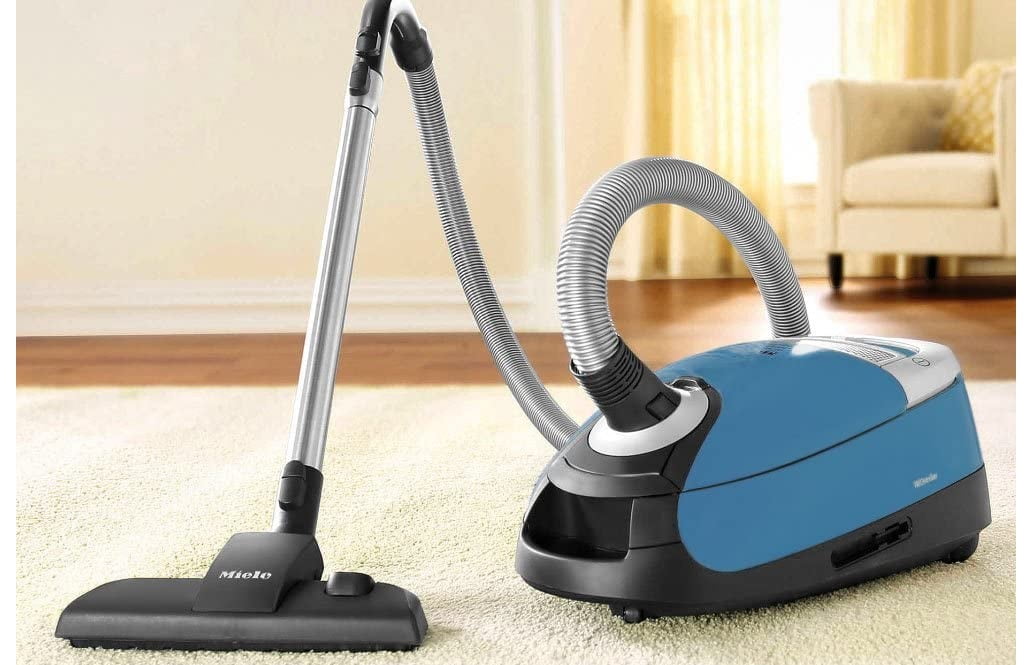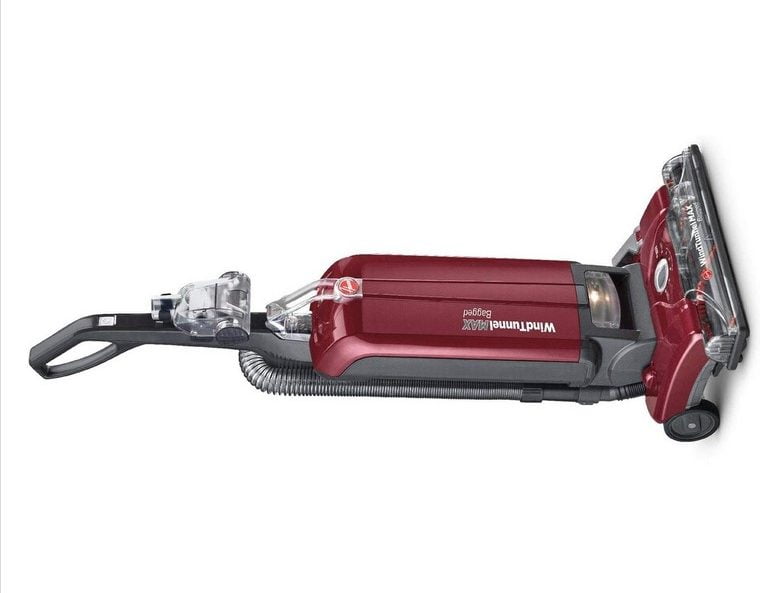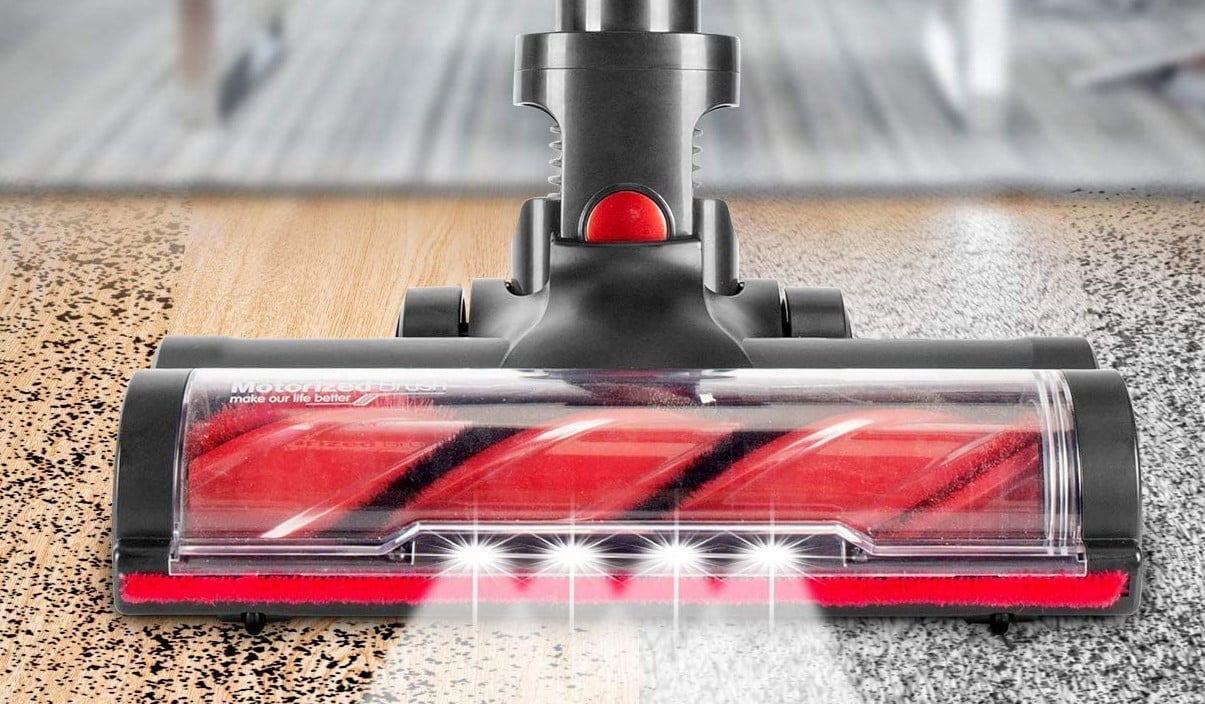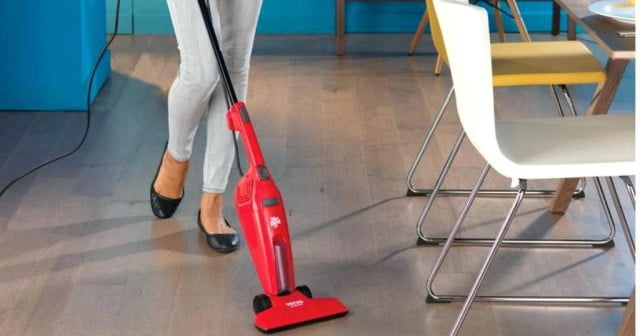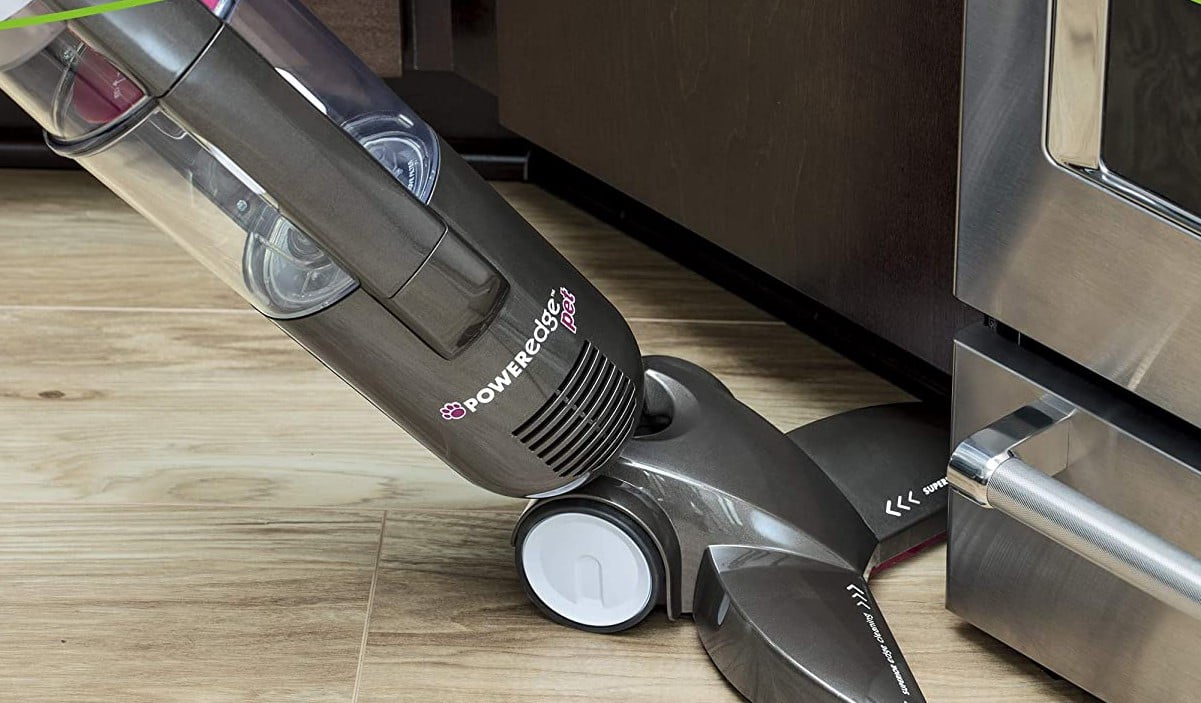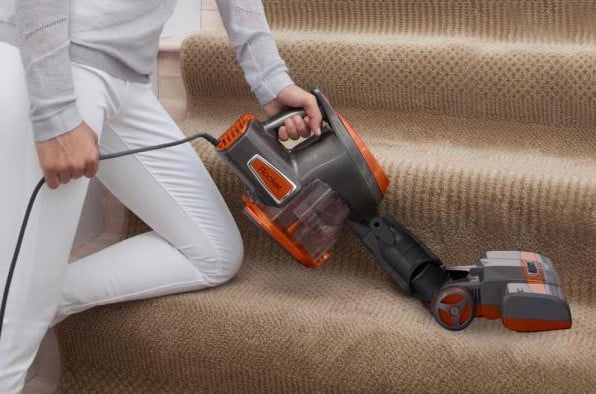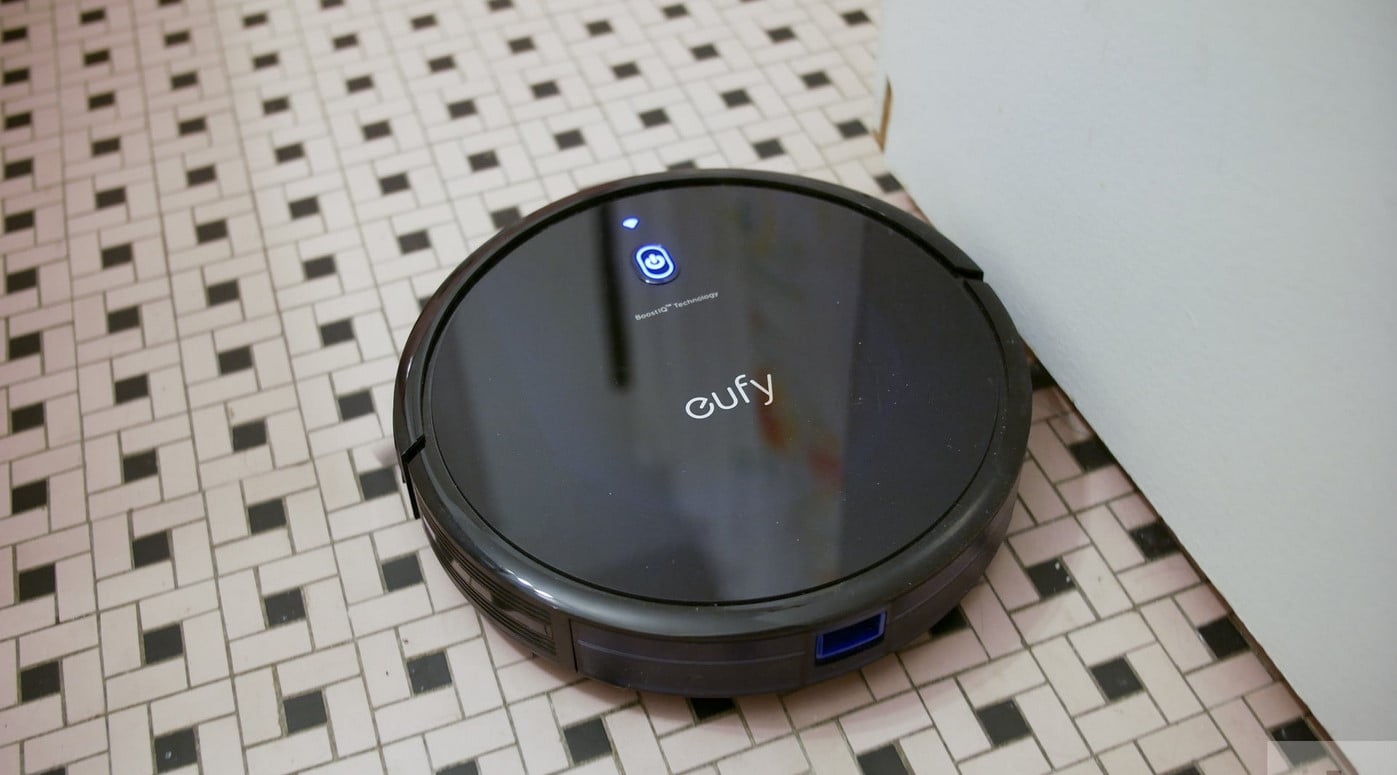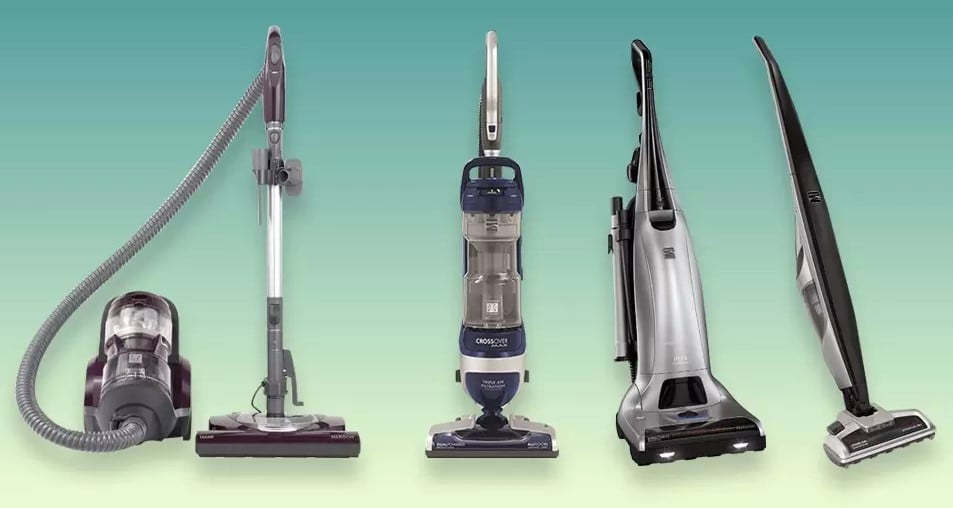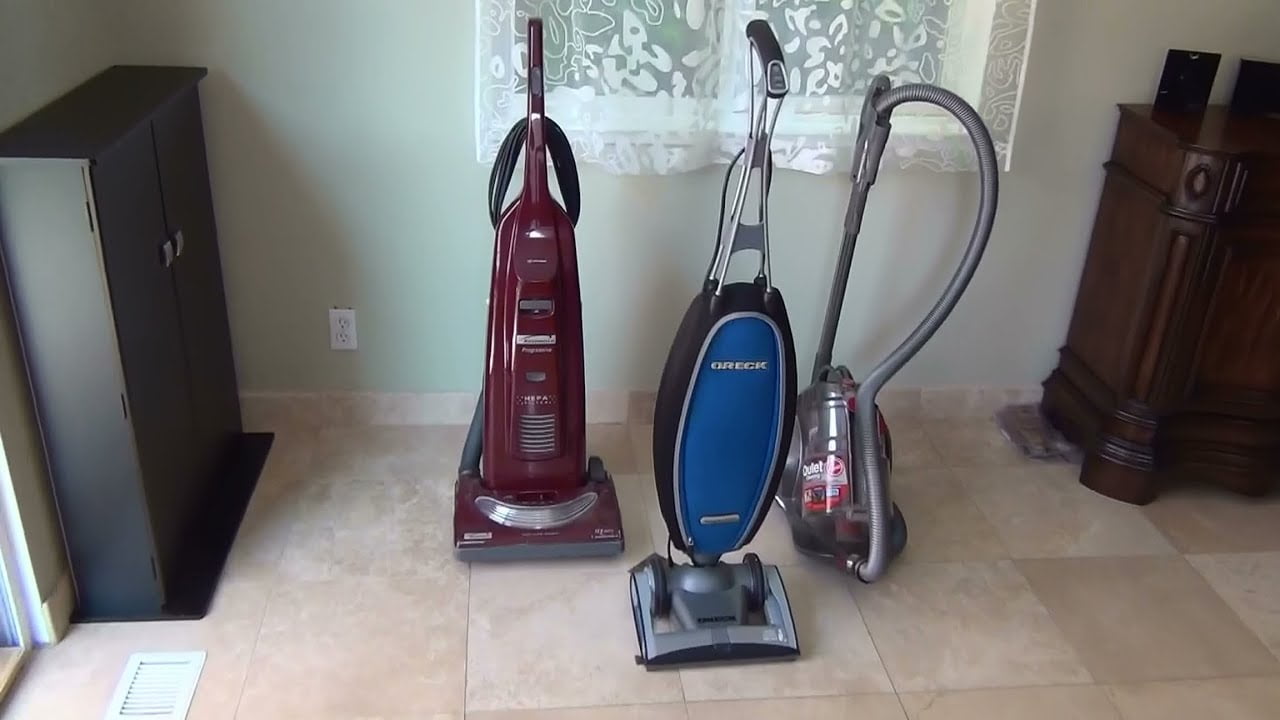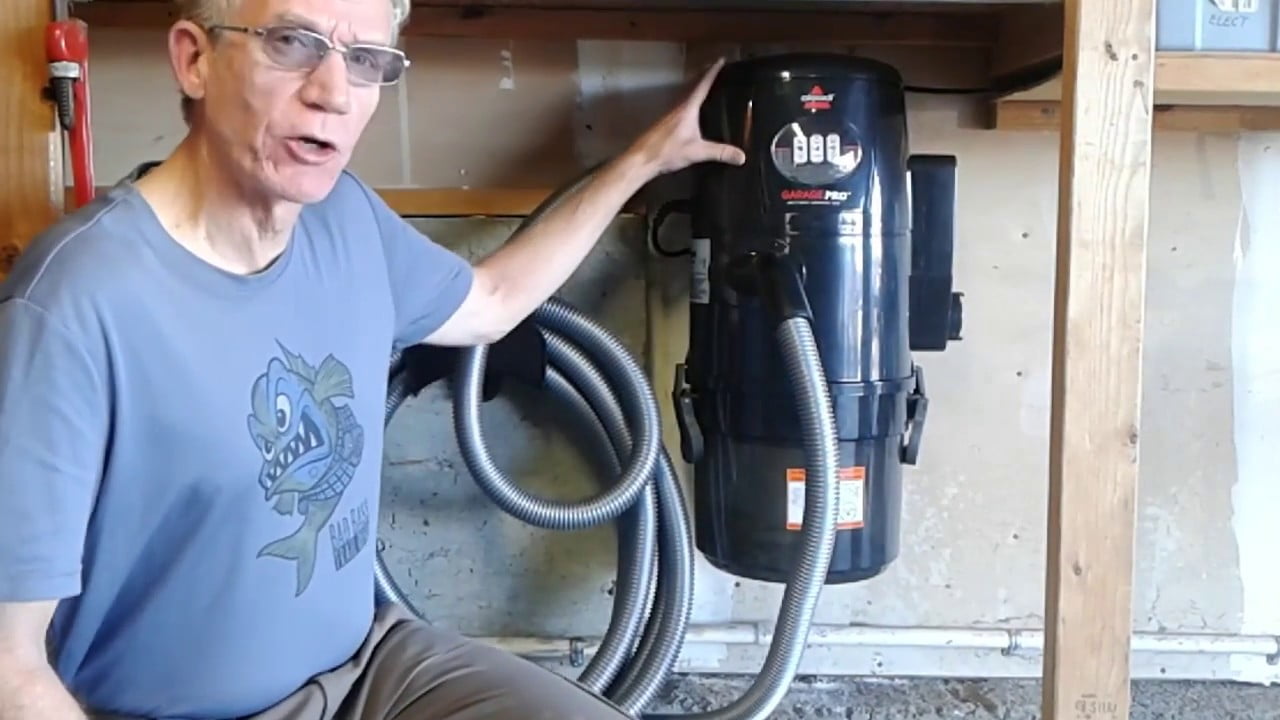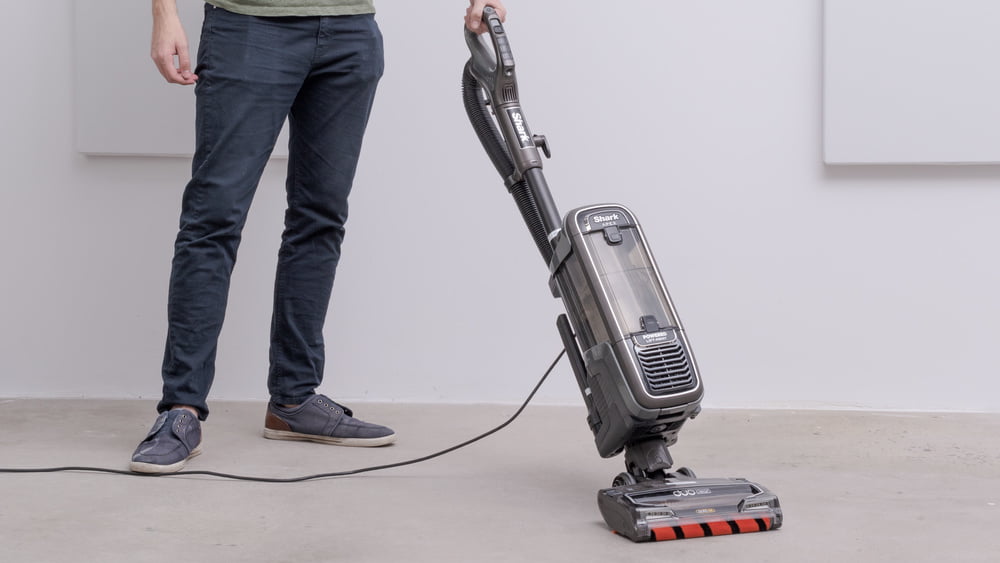If you’re thinking about buying a home, then you’re going to need homeowners insurance. Similar to other financial products like auto insurance, the factors used to determine which insurance provider and protection level are best for you depend on a wide range of criteria. Some factors can be outside your control, such as state legislative mandates requiring residents to purchase specific coverage. Likewise, living in a region that’s prone to natural disasters like tornadoes or earthquakes can mean that your insurance costs will be higher by default.
When it comes to homeowners insurance, you can’t solely focus on price. You need to consider how much coverage you need, especially in the event of damage to your home. For example, how much is covered, and will your insurance replace destroyed or stolen items such as a vacuum cleaner or repair associated damage? Additionally, you might want to speak with your insurance agent about bundling or combining policies, such as homeowners and auto insurance, under one provider to reduce overall premium costs. Keep reading our best homeowners insurance buying guide to learn more.
Top Insurance for HomeOwners
#1 Lemonade Home Insurance
Award: TOP PICK
WHY WE LIKE IT: Policyholders get their claims paid out super quickly, and it also stands out because of the donations that are made to charity.
- Claims get paid out immediately after filing
- Donates money to charity
- Quick and easy to use
- Not available in all states
Lemonade is one of the most popular insurance companies in the US, and it has received high ratings from previous customers because of its ease of operation and the vast types of coverage that come with the policy as standard. There is a dwelling coverage that covers any repairs or rebuilding of the home structure, a personal property coverage that pays for the replacement of personal belongings, a loss of use coverage that takes care of expenses related to living elsewhere as the home undergoes repairs, and personal liability coverage that caters to legal expenses and damages in case of injury to other people or property. Unfortunately, the home insurance cover is not available in all states.
Getting a quote for a cover is pretty easy to do through a website or app, and since some claims get paid out immediately after filing, policyholders don’t have to wait for a long time to know just how much a policy will cost. One thing that also makes Lemonade stand out is that a portion of policy premiums also gets donated to charities. This is possible since the company only takes a flat fee from each premium and donates any amount left after handling claims and any other general expenses.
#2 Liberty Mutual Home Insurance
Award: HONORABLE MENTION
WHY WE LIKE IT: As an insurer that has been around for more than 100 years, Liberty Mutual is a trusted company that offers a wide range of additions that can be included in its standard home insurance policy.
- Fourth largest home insurer in the US
- Wide range of discounts offered
- Offers a cover for mobile home owners
- No coverage for mold or termite damage
Recognized as the fourth largest home insurer in the US, Liberty Mutual’s standard home insurance policy includes dwelling, personal property, loss of use, and personal liability coverage, and also offers a wide range of different coverages that can be added to the standard package. These include identity theft insurance which provides a counselor for victims of identity theft, a blanket jewelry coverage that pays out in the event that jewelry is stolen, and a replacement cost coverage that pays for purchases of items stolen or destroyed through a disaster. However, its policy does not cover mold or termite damage.
Mobile homeowners will be happy to know that Liberty Mutual also offers a policy that has been well designed to cater to their needs and offers a wide range of discounts for building home and auto coverage, getting a new roof, not filing any claims with them for three years and also not having filed claims with the previous insurer for up to five years.
#3 AllState Home Insurance
Award: BEST FOR WIDE RANGE OF OPTIONAL ADD-ONS
WHY WE LIKE IT: It offers a wide range of optional add ons and discounts. Its mobile app is also quite robust and easy to use.
- Wide range of optional addons
- Very competitive rates
- Holders will know if they’ve been part of any data breach
- High number of complaints to state regulator
The Allstate Homeowners Insurance cover is regarded as one of the most competitive in the market. It has coverages that include dwelling, other structures, personal property, loss of use, and medical payments that cover injuries to guests in your home. The insurance company also offers one of the longest lists of additional coverages that policyholders can include The company provides extra add ons such as identity theft restoration, water backup coverage, business property coverage, reimbursement provision, and electronic data recovery coverage. However, there have been many complaints registered about them to the state regulator.
The company also allows its customers to find out whether they’ve been part of any data breach through its mobile app and speaking of which, the app is pretty easy to use. Through the app, policyholders will be able to view policy documents, pay bills and also file claims quickly.
#4 Progressive Home Insurance
Award: BEST FOR WIDE RANGE OF OPTIONS
WHY WE LIKE IT: Users get to choose from a wide range of insurers and are also advised by Progressive on what the best policy to buy is, depending on their needs.
- Wide range of options to choose from
- Discount available for Auto policy holders
- Professional advise on which insurer to sign with
- Not available for residents of Alaska or Hawaii
The Progressive home insurance policy cover works primarily by matching consumers with an insurer that offers the best policy to meet their needs. The insurer that a customer purchases their policy may depend on whether they buy the insurance over the phone, online, or through a local agent. One perk that holders will enjoy is a discount available for policyholders who also use Progressive for auto insurance. However, the company will be able to match policy buyers with insurance companies in every state apart from Alaska and Hawaii.
The policy includes coverages that come standard such as the dwelling, personal property, loss of use, and personal liability. Still, buyers also can include optional add ons depending on the location. These include water backup coverage, personal injury coverage, extended replacement cost coverage, and extra valuables coverage.
#5 EverQuote Home Insurance
Award: BEST FOR SWIFT PROCESS
WHY WE LIKE IT: The process used when arriving at an insurer is very swift. At the end of it, policyholders will also be able to consult with an agent over the phone about their options.
- Swift and easy process
- Varied options for consideration
- Agent on phone to help with consideration
- Some might not be comfortable with the amount of information needed
Founded in 2011, Everquote is an online insurance marketplace that has its headquarters based in Massachusetts. It was initially meant for policy buyers looking to get auto covers, but it eventually expanded into offering different types of covers that include home insurance. Prospective buyers start by entering information about their Zip code and whether they own or rent the property. They then go on to specify the exact type of home they would like to insure and whether it is a primary, seasonal, tenant occupied, or vacation home. The details required range from the type of roof to the number of baths & bedrooms, the size, and when the property was built. After, owners will get a list of insurance providers that seem to be a good fit. Still, some might not be comfortable with the amount of information needed.
To try and make sure that prospective buyers end up with a fitting insurance policy, they have agents that get on a call with them to discuss the options available and, if need be, look into other options that may not have popped up given the information that has been entered. Overall, the process is reasonably swift and pretty easy to go through.
#6 Blue Sky Coverage Home Insurance
Award: BEST FOR WHOLE COUNTRY COVERAGE
WHY WE LIKE IT: They have insurance agents across the whole country, so prospective buyers will be able to get options to consider regardless of wherever they live in the US.
- Options available are country wide
- Fluid user experience on the website
- Opportunity to consult with licensed insurance agent
- Some may be uncomfortable sharing the required details
Founded in 1995, Blue Sky Insurance is an affiliate company that works by connecting individuals to their large group of insurance providers based on their needs and policy type. They have links to providers in all 50 states and allow users to review their options with a licensed insurance agent. Coverages offered include dwelling protection, personal property protection, liability protection, and additional living expense coverage. Unfortunately, some may not be comfortable with sharing some of this information.
The user journey on their website is pretty fluid, as prospective buyers will only have to enter information about the specifics of their property, its cost of replacement, and their own personal details. Once this is done, the website churns out a list of insurance providers that have been matched with the details entered and offers the choice for users to speak to a licensed insurance agent about their options.
Beginner’s Guide to the Best Homeowners Insurance
What is Homeowners Insurance?
Homeowners insurance is a financial product offered by the insurance industry designed to protect your home. This includes dwelling coverage for the physical house you live in, personal property coverage for any items inside your home, as well as any other structures on your property. Homeowners’ insurance is like a safety net. Whether a natural disaster or fire occurs, a good homeowners insurance policy can help cover the cost of repairs and, in some cases, replace any property lost to the damage.
More importantly, many policies include liability protection. This aspect covers damage caused to other people’s property through the actions of people who live in your home. And, if someone gets injured on your property, no-fault medical coverage can also help cover those medical expenses rather than you paying for it out of pocket. For example, if someone trips down the stairs of your front porch, a homeowners insurance policy can help to minimize your financial risk.
A good policy may also include what’s known as additional living expenses (ALE). ALE covers temporary living expenses such as hotels, restaurants, and even storage fees if you’re unable to live in your home because of damage. Additionally, some policies offer enhanced features such as identity theft protection.
Unless you buy your home outright with cash, you will likely have to finance your home either through a mortgage or equity loan. In this case, you are required to have insurance. Usually, the lender requires proof of insurance before you can close on your home or amended your loan. So, even if you bought your home in cash outright, if you later decide to refinance, you’ll need homeowners insurance.
Regardless of how you paid for your home, having homeowners insurance is a smart move. Unexpected damage can be costly to repair. And for most Americans, their homes represent the bulk of their net worth. So it pays to protect that investment.
Homeowners Insurance vs. Other Home Insurance Policies
Homeowners insurance is a pretty comprehensive financial product that can protect against the “what ifs” of owning a home. In most cases, this includes covering physical structures on your property (including detached structures like sheds or pool houses) and the contents inside those structures. It also provides protection against financial liability if someone gets injured on your property or if you and any other residents in your home cause damage to someone else’s property.
But as comprehensive as homeowners insurance can be, there are limitations. In particular, many people are surprised to learn that a standard homeowners insurance policy doesn’t usually cover water damage caused by floods or damage from earthquakes. As a result, you’ll need to purchase these policies separately for additional coverage limits.
If you don’t live in a region that’s prone to earthquakes, you can most likely skip purchasing an earthquake insurance policy. But considering how storms and other weather events are getting stronger, flood insurance is a wise investment — even if you don’t live in a coastal region.
How Homeowners Insurance Works
Homeowners’ insurance works similarly to auto insurance. First, you review an insurance quote to source a policy that makes the most sense for your needs and wallet and then pay a monthly premium to keep the policy active or “in force.” Similarly, you have the option to enhance standard home insurance policies if you feel you need additional coverage. However, the more coverage you add, the higher your premiums will be.
For example, people with significant assets may feel that the starting level of liability protection ($100,000) isn’t enough. So, this individual might prefer to purchase an umbrella policy that provides additional coverage options. Meanwhile, someone who wants to ensure that all of their belongings are covered might choose to include a personal property endorsement. This provides enhanced belongings coverage and ensures that your items are insured for their full value compared to the 50 to 70% coverage included in a standard homeowners insurance policy.
The average cost of an annual premium will vary based on your location, the type of coverage you secure, and personal information such as your credit score, employment history, and previous insurance history. Also note that factors beyond your control will impact your insurance rate, such as state-imposed requirements that all policies offered by insurance companies have certain coverage levels.
Why You Should Buy Homeowners Insurance
Unlike tangible products or other financial services like bank or stock accounts, homeowners insurance isn’t something that you question purchasing. As we mentioned earlier, if you have a mortgage or refinance your home, your lender will require that you get insurance.
But some people might wonder, what happens if they let their policy lapse? Typically, your carrier will give you a 30-day grace period after a missed payment. It’s in your best interest to quickly make a payment or negotiate down to a cheaper rate with a competitor that still provides sufficient coverage.
If for some reason you don’t, your insurer will contact your lender to notify them of the lapse in coverage. At that point, the lender may source insurance for you. Unfortunately, when this happens, the policy may be more expensive and less comprehensive. This means that you get the basic coverage that may only cover the structure and not your belongings. So, when it comes to homeowners insurance, it pays to be a good customer and pay your premiums on time.
More importantly, if your policy lapses, you now assume all financial liability if your home is damaged, someone gets injured on your property, or you or another household resident causes damage to someone else’s property. Additionally, your failure to pay may flag you as too high-risk for other carriers to insure.
While non-payment is the most obvious reason for a loss in coverage, other reasons include misrepresentation on your application, submitting too many claims, or failure to engage in routine maintenance to preserve the integrity of your structure. Misrepresentations include failing to disclose that you won’t be living at your home full-time or omitting that you’ve previously allowed your insurance to lapse.
How to Choose the Best Homeowners Insurance
Considering how important homeowners insurance is, you’d be amazed to find that many factors might be outside your control when it comes to picking the right policy. For example, some states may mandate that homeowners insurance contain specific policies or provisions that might — by default — make your premiums higher than they would be for someone in a neighboring state insuring a home of similar value. But considering that your home is usually your most expensive investment, there are other things you need to prioritize over price.
Best Homeowners Insurance Key Factors to Consider
1. Which carriers provide coverage in your area?
Start your search by shopping around for a homeowners insurance quote. Premiums can vary across carriers, so it pays to do some research rather than settling on the first insurance ad that pops up in your internet search. However, in some cases, you may be limited to state-run insurance policies.
2. How much coverage do you need?
At a minimum, you need to insure the dwelling. But there are other types of coverage to consider, which may cover only specific types of vacuum cleaners and appliances, as well. For example, do you also want to protect your belongings? And if so, do you want full coverage for those items, or are you okay with a standard policy that covers 50 to 70% of their value? Would you prefer umbrella insurance that provides additional liability protection?
Also, consider factors such as if you own expensive items. While most people think about jewelry, tech items, including the best leaf vacuum cleaners also qualify as “expensive” and may exceed the standard coverage amount for personal belongings. As such, it may be worthwhile to check the best home appliance insurance policies.
3. How’s your credit?
Unsurprisingly, insurance is one of those financial products where your creditworthiness can impact how much you spend each month. People with good credit can sometimes get discounts, especially on ideal renter’s insurance. Before shopping for insurance — or buying a house — try to ensure that your credit is in good standing. Check your credit report for potential errors which might be pulling down your credit score.
4. Can you get a bundle discount?
If you have a car, consider looking into homeowners insurance policies with your current auto insurance carrier. Often, you can get a discount for “bundling” or combining a home and auto policy with one provider.
5. Can you get a discount for home improvements?
Discount options vary between insurers. Sometimes, things like installing a home security or burglar alarm system or another protective device can net you a discount on your insurance premiums. Check with carriers to see what discounts can be applied for minor safety and security improvements implemented around your home.
6. What’s the condition of the roof?
A roof that’s in disrepair is a disaster waiting to happen. But also, insurers will take your roof’s age and current condition into account when determining whether to approve your policy and how much to charge. Sometimes you can get discounts for a new roof or one designed with materials that are resistant to fire or hail.
7. Is your home in a high-risk area?
Depending on where you live, you might need to purchase additional policies that aren’t included in standard homeowners insurance coverage. If you live in an earthquake or flood-prone region, for example, you’ll need to buy that coverage separately. However, we feel that every homeowner can benefit from flood insurance, given the increase in weather-related events.
Other aspects such as living in a high-crime zip code or near a police or fire station can also impact how much you pay. And, having luxury features like a pool or hot tub can increase your premiums.
8. What is the age of the home?
Older homes can be pretty, but they can also be problematic. Along with an older roof, older homes may also feature outdated plumbing and wiring that aren’t up to current building codes or cosmetic features like plaster that are hard to replace. For homes that aren’t up to code, you might want to consider adding an ordinance that allocates funds to bring your home up to code. Likewise, not all carriers offer replacement policies that promise to recreate ornate finishes from a bygone era. Instead, you may find that they only offer a modified replacement cost policy, meaning that they’ll use modern building materials and construction methods to manage repairs.

![Best Insurance for Homeowners in [year] 1 best insurance for homeowners||Liberty Mutual Home Insurance|AllState Home Insurance|Progressive Home Insurance|EverQuote Home Insurance|Blue Sky Coverage Home Insurance](https://www.gadgetreview.dev/wp-content/uploads/best-insurance-for-homeowners.jpg)


![Best Insurance for Homeowners in [year] 2 Best Insurance for Homeowners in [year]](https://www.gadgetreview.dev/wp-content/uploads/Lemonade-Renters-Insurance-750x315-2.png)
![Best Insurance for Homeowners in [year] 3 Liberty Mutual Home Insurance](https://www.gadgetreview.dev/wp-content/uploads/Liberty-Mutual-Home-Insurance-750x346-1.png)
![Best Insurance for Homeowners in [year] 4 AllState Home Insurance](https://www.gadgetreview.dev/wp-content/uploads/AllState-Home-Insurance-750x318-1.png)
![Best Insurance for Homeowners in [year] 5 Progressive Home Insurance](https://www.gadgetreview.dev/wp-content/uploads/Progressive-Home-Insurance-750x298-1.png)
![Best Insurance for Homeowners in [year] 6 EverQuote Home Insurance](https://www.gadgetreview.dev/wp-content/uploads/EverQuote-Home-Insurance-750x316-1.png)
![Best Insurance for Homeowners in [year] 7 Blue Sky Coverage Home Insurance](https://www.gadgetreview.dev/wp-content/uploads/Blue-Sky-Coverage-Home-Insurance-750x456-1.png)



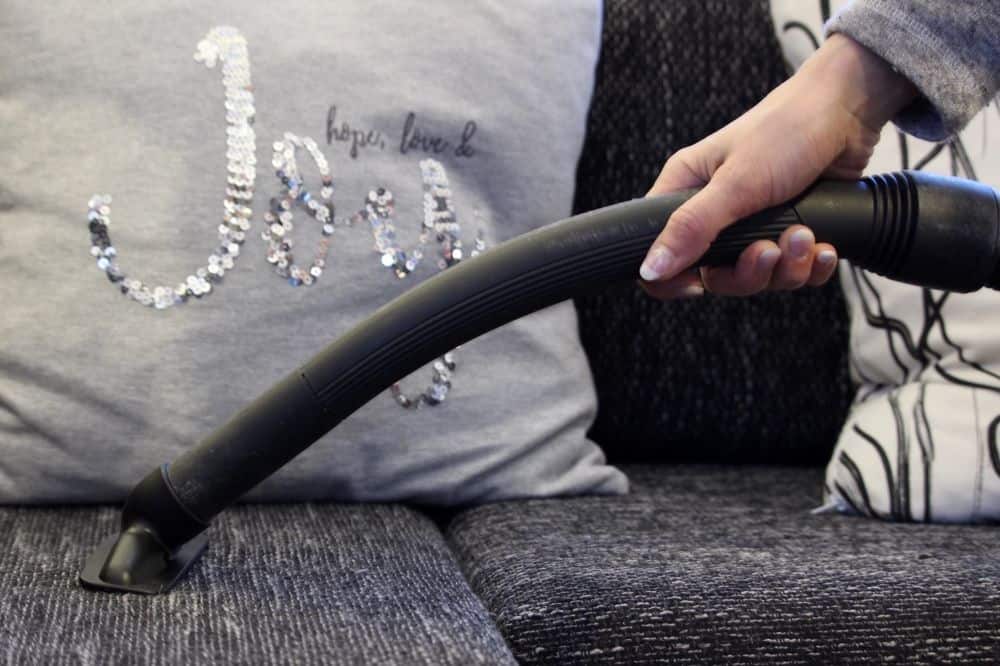







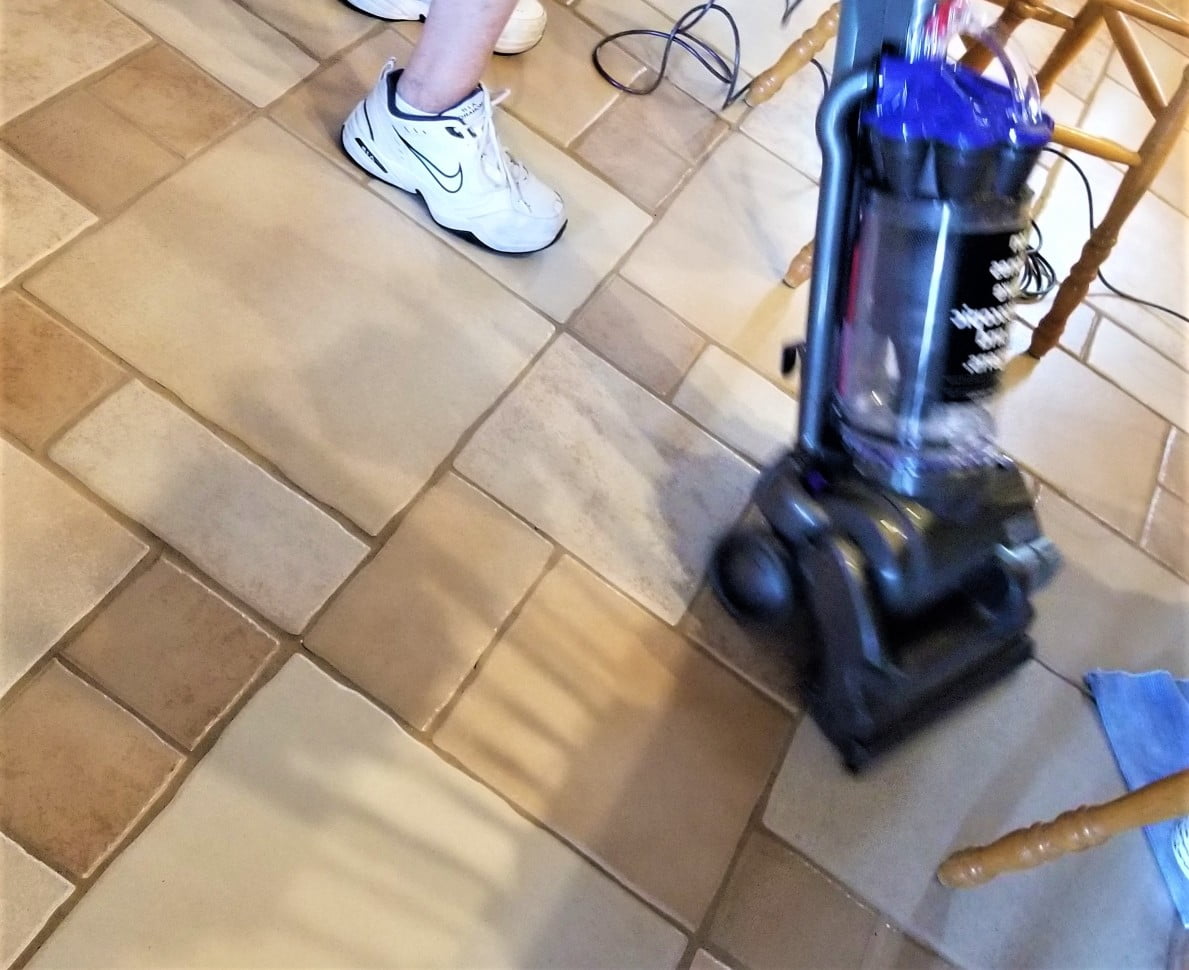





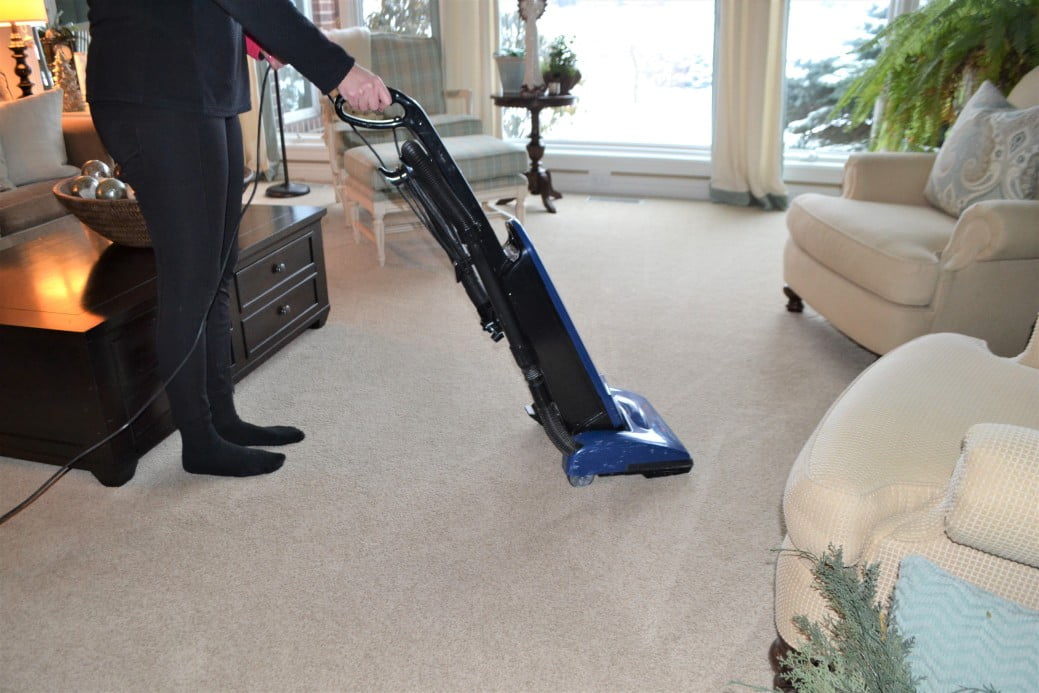


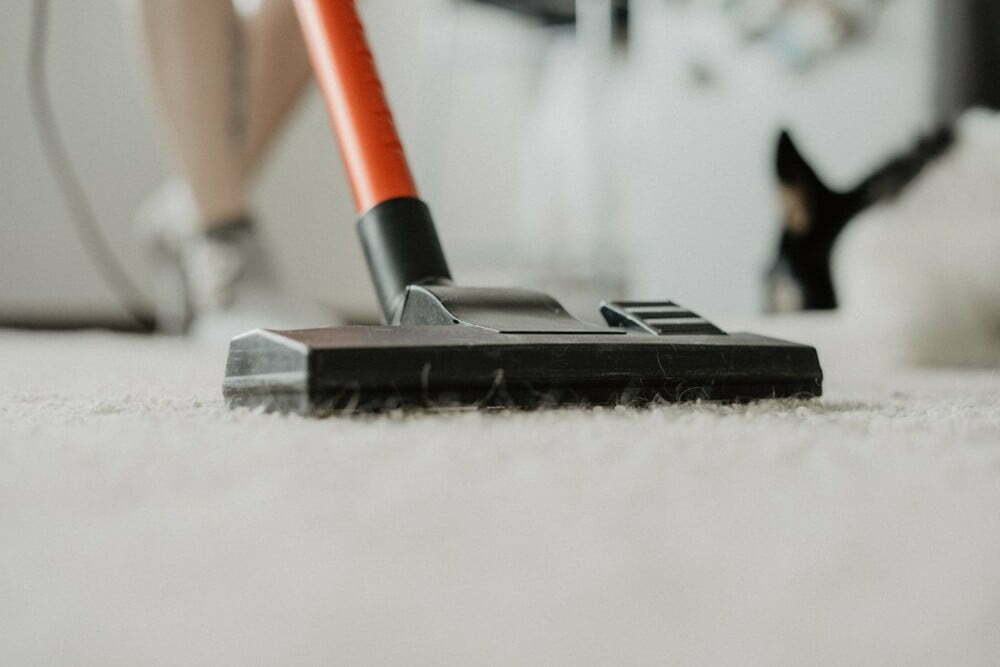
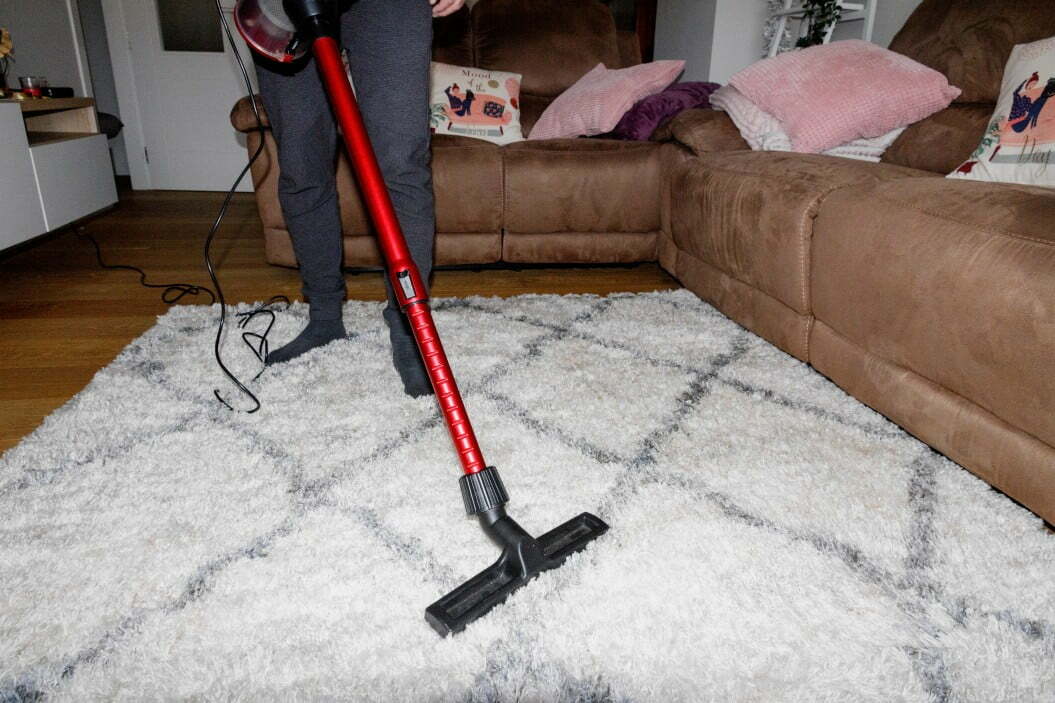
![Best Bissell Vacuum in [year] 28 Best Bissell Vacuum in 2026](https://www.gadgetreview.dev/wp-content/uploads/best-bissel-vacuum-image.jpg)
![Best Miele Vacuums in [year] 29 Best Miele Vacuums in 2026](https://www.gadgetreview.dev/wp-content/uploads/best-miele-vacuum-image.jpg)
![Best iRobot Vacuums in [year] 30 Best iRobot Vacuums in 2026](https://www.gadgetreview.dev/wp-content/uploads/best-irobot-vacuum-image.jpg)
![Best Vacuum with Retractable Cord in [year] 31 Best Vacuum with Retractable Cord in 2026](https://www.gadgetreview.dev/wp-content/uploads/best-vacuum-with-retractable-cord-image.jpg)
![Best Insurance for Home Appliances in [year] 32 Best Insurance for Home Appliances in 2026](https://www.gadgetreview.dev/wp-content/uploads/best-insurance-for-home-appliances.jpg)
![Best Self Propelled Vacuums in [year] 34 Best Self Propelled Vacuums in 2026](https://www.gadgetreview.dev/wp-content/uploads/best-self-propelled-vacuum-image.jpg)
![Best Commercial Leaf Vacuums in [year] 35 Best Commercial Leaf Vacuums in 2026](https://www.gadgetreview.dev/wp-content/uploads/best-commercial-leaf-vacuum-image.jpg)
![Best Vacuums for Cat Litter in [year] 36 Best Vacuums for Cat Litter in 2026](https://www.gadgetreview.dev/wp-content/uploads/best-vacuum-for-cat-litter-image.jpg)
![Best Robot Vacuums for Long Hair in [year] 37 Best Robot Vacuums for Long Hair in 2026](https://www.gadgetreview.dev/wp-content/uploads/best-robot-vacuum-for-long-hair-image.jpg)
![Best Dyson Vacuum in [year] ([month] Reviews) 38 Best Dyson Vacuum in 2026 (January Reviews)](https://www.gadgetreview.dev/wp-content/uploads/Dyson-DC65-e1479509572460.jpg)
![Best Dorm Vacuums in [year] 39 Best Dorm Vacuums in 2026](https://www.gadgetreview.dev/wp-content/uploads/best-dorm-vacuum-image.jpg)
![Best Vacuums for Fleas in [year] 40 Best Vacuums for Fleas in 2026](https://www.gadgetreview.dev/wp-content/uploads/best-vacuum-for-fleas-imagre.jpg)
![Best Robot Vacuum for Thick Carpet in [year] 41 Best Robot Vacuum for Thick Carpet in 2026](https://www.gadgetreview.dev/wp-content/uploads/roomba.jpg)
![Best RV Vacuums in [year] 42 Best RV Vacuums in 2026](https://www.gadgetreview.dev/wp-content/uploads/best-rv-vacuum-image.jpg)
![Best Vacuums for Apartment in [year] 43 Best Vacuums for Apartment in 2026](https://www.gadgetreview.dev/wp-content/uploads/best-vacuum-for-apartment-image.jpg)
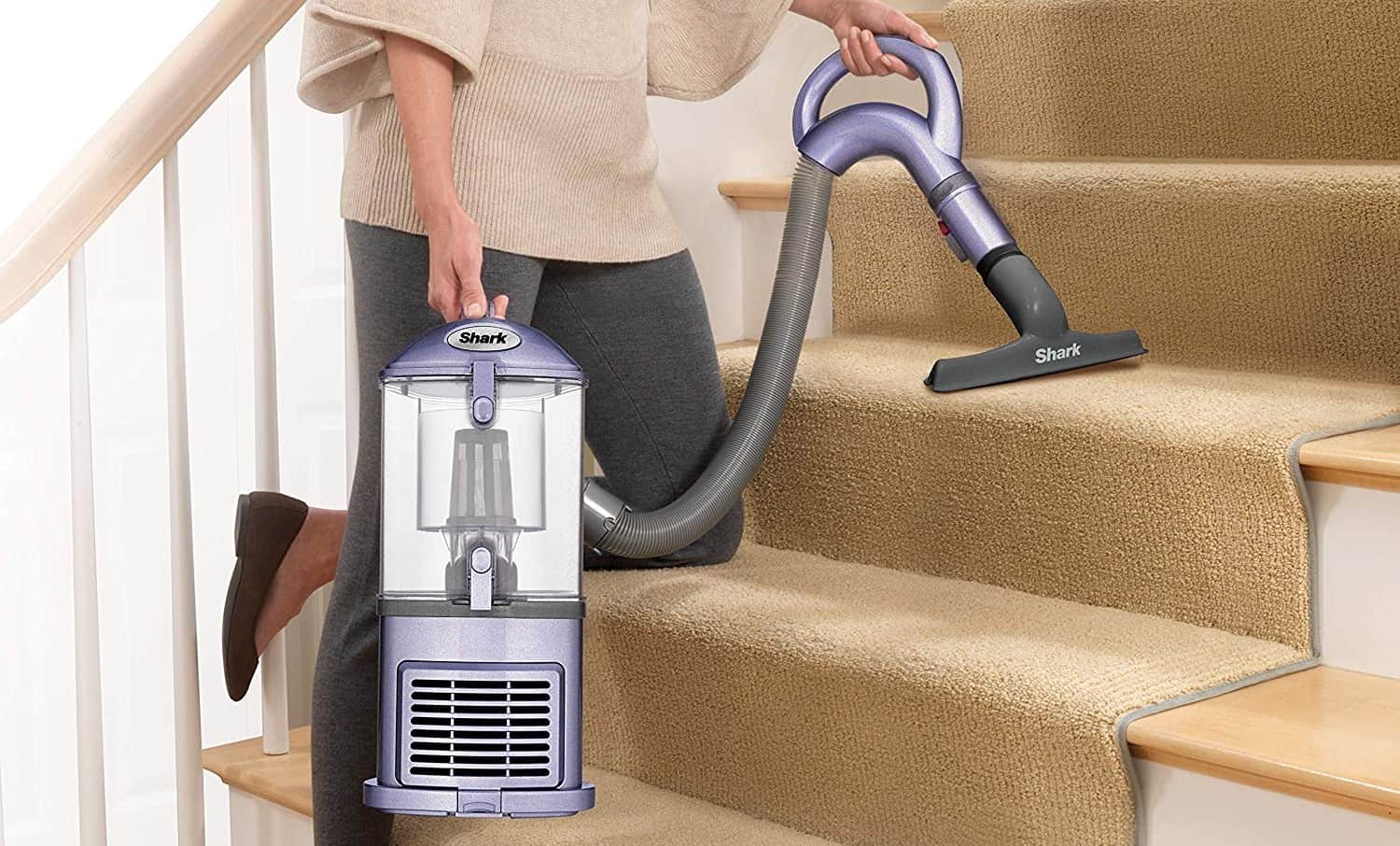
![Best HEPA Vacuums in [year] 45 Best HEPA Vacuums in 2026](https://www.gadgetreview.dev/wp-content/uploads/best-hepa-vacuum-image.jpg)
![Best Water Filtration Vacuums in [year] 46 Best Water Filtration Vacuums in 2026](https://www.gadgetreview.dev/wp-content/uploads/best-water-filtration-vacuum-image.jpg)
![Best Vacuums for Dust Mites in [year] 47 Best Vacuums for Dust Mites in 2026](https://www.gadgetreview.dev/wp-content/uploads/best-vacuum-for-dust-mites-image.jpg)

